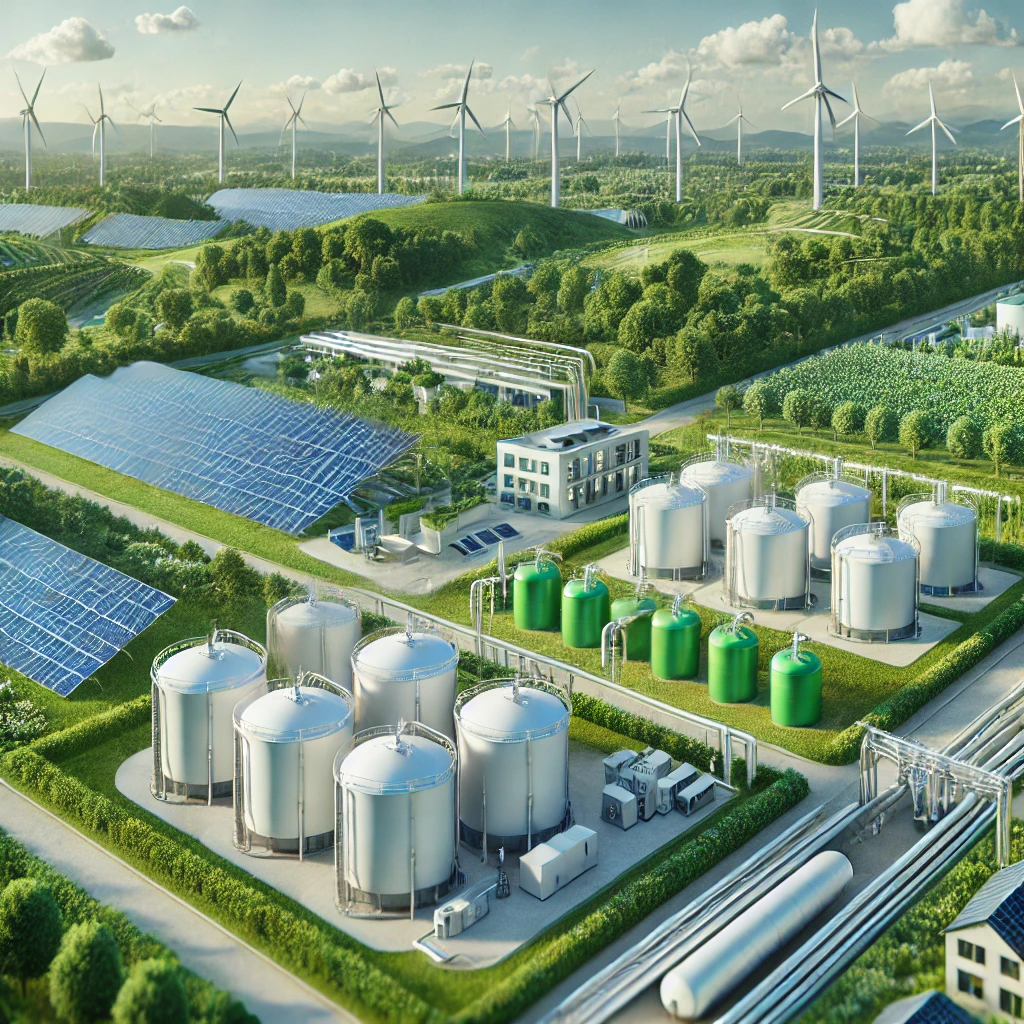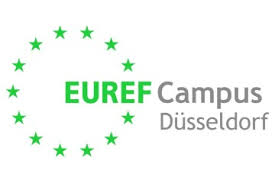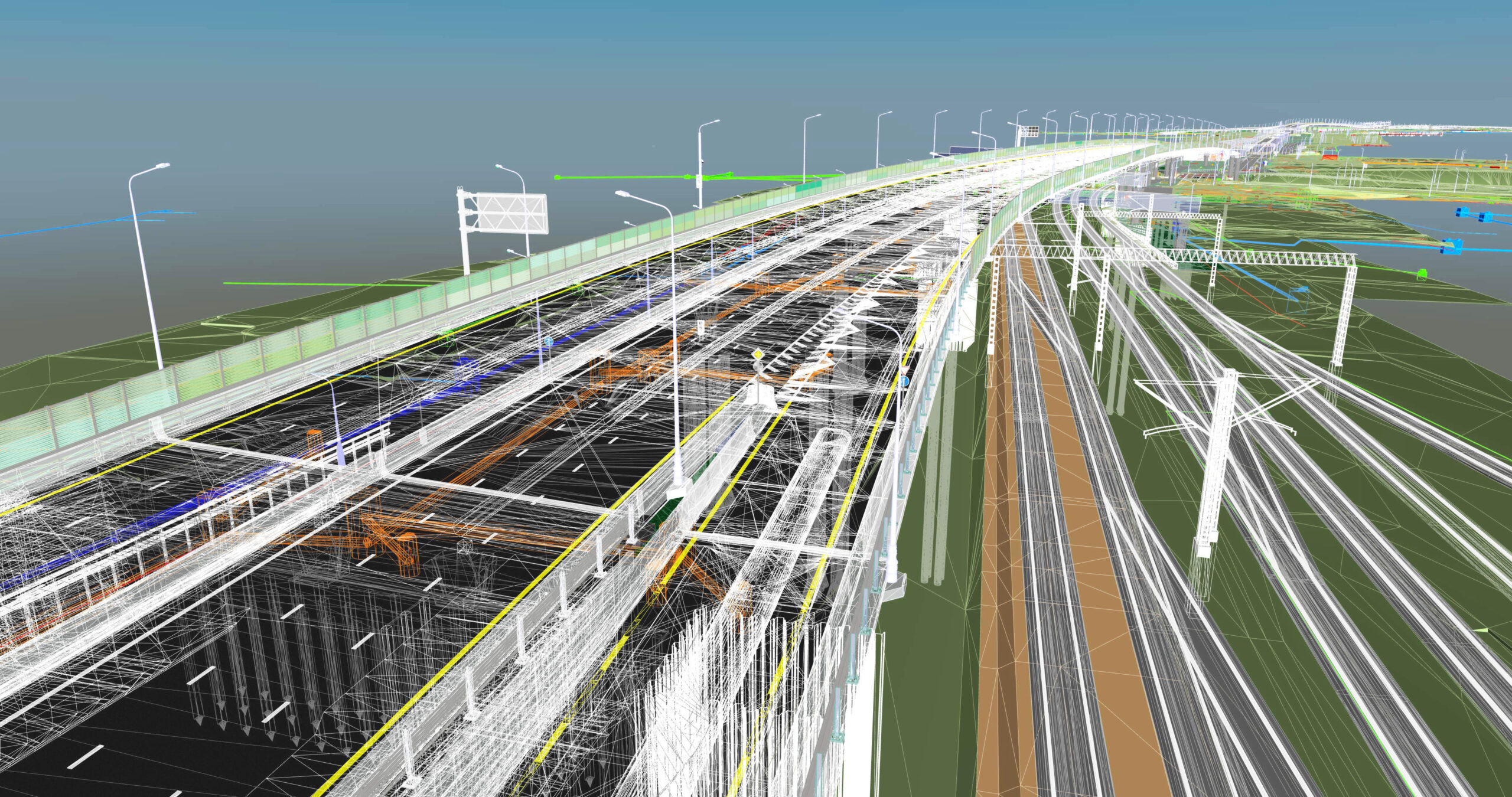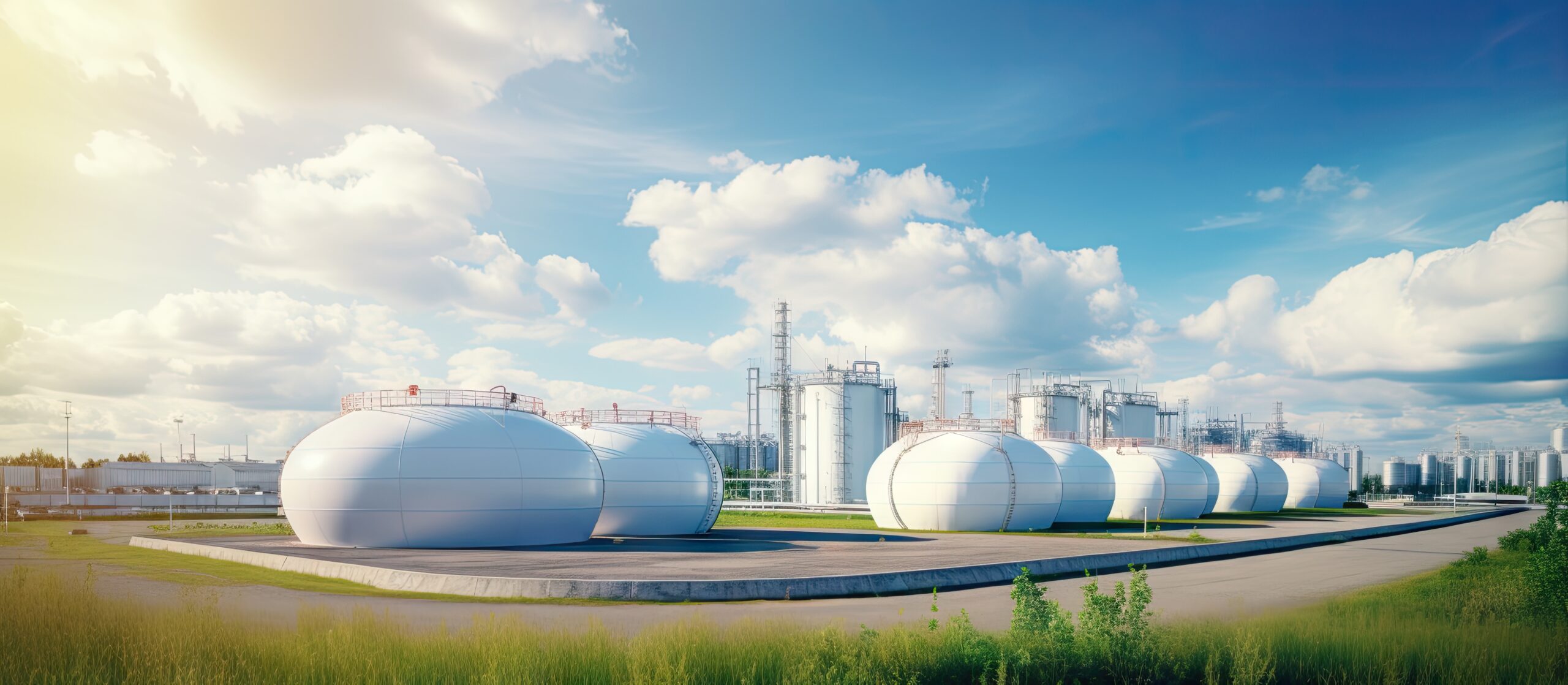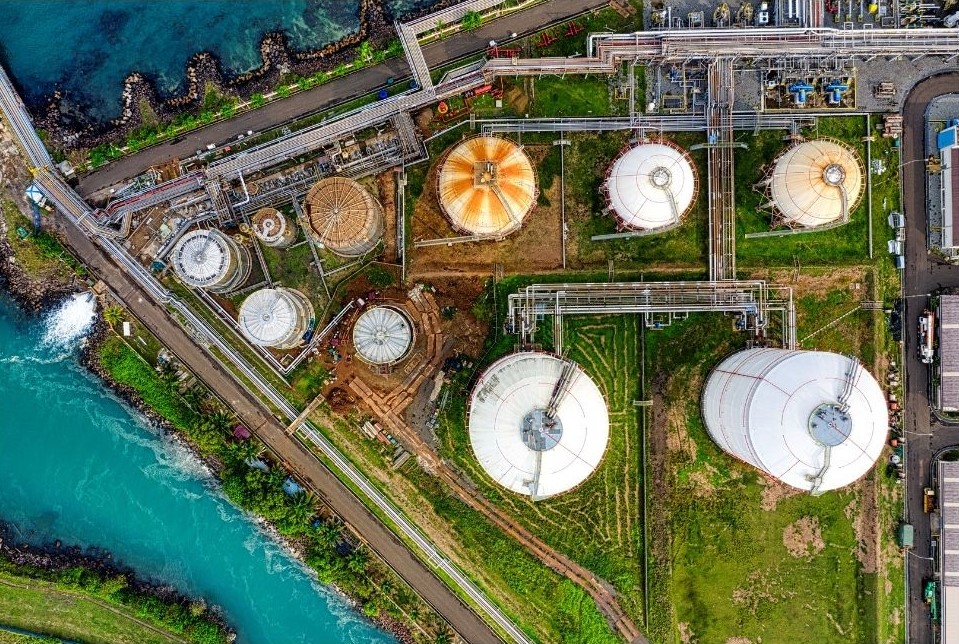Academics
The international MSc in Sustainable Energy and Hydrogen Infrastructure prepares you to play a key role in the global energy transition. Become a sought-after expert in one of today’s most dynamic industries, equipped with in-depth knowledge and practical skills in sustainable energy systems and hydrogen technologies.
Our program emphasises the development of innovative, practical solutions: you will learn how to actively shape the transition to clean energy, plan infrastructure and combine technical efficiency with sustainability. Through interdisciplinary teamwork and international collaboration, you’ll learn how technological, economic and environmental factors interact – and how to apply them to real-world challenges.
What to expect:
Energy and hydrogen technologies: Gain the expertise to drive the sustainable transformation of the energy industry.
Innovation and project management: Gain the skills to model and evaluate engineering systems for maximum efficiency and sustainability.
Sustainability Assessment & Ethical Responsibility: A deep understanding of social and environmental responsibility for forward-looking decision making.
Intercultural Collaboration and Presentation Skills: Develop essential soft skills for working in global teams and communicating your ideas effectively.
The Master’s degree program spans three full-time semesters and awards a total of 90 ECTS credits. It is based on a 210 ECTS Bachelor’s degree and emphasizes practical application and research-driven learning.
Take the next step in your career and join an innovative program that will equip you with the key skills for a successful future in the energy sector. Join us in driving the energy transition and shaping the sustainable energy of tomorrow!
Program Structure
- First Two Semesters: The three-semester full-time programme is clearly structured and comprises 90 ECTS credits, building on the required 210 ECTS credits of the Bachelor’s degree. In the first and second semesters, students complete ten modules (50 ECTS), including eight compulsory modules on key topics in sustainable energy systems and two compulsory elective modules in the area of ‘Skills for the German Labour Market’. The focus here is on content such as international project management and the development of skills for business consultancy projects, which are specifically tailored to the requirements of the German labour market. A central element of the second semester is the project module (10 ECTS), in which students can choose either a practical or an academic focus. This practical module promotes the consolidation of the acquired professional knowledge and enables the application of theoretical content in real project scenarios in cooperation with the partner companies.
- Third Semester: Dedicated to completing the Master’s thesis and participating in a scientific colloquium, worth 20 ECTS credits. Additionally, students complete two elective modules (5 ECTS each) to further broaden their expertise.
- Click here to view the Study Schedule with Modules
Learning Objectives
- Embark on a transformational journey with our Master’s program, designed to equip you with the essential skills for a successful career in the energy sector. Our curriculum emphasises the following key competencies
- Understanding of energy markets and technologies: Gain in-depth knowledge of energy market mechanisms and technologies, including pricing strategies and planning processes. Develop the ability to analyse technological challenges and make informed strategic decisions.
- Evaluating energy systems: Learn to conduct financial evaluations of energy projects, including risk assessment and viability analysis. You will be prepared to identify appropriate financing options and make economically viable decisions for sustainable energy initiatives.
- Modelling and Simulation of Complex Energy Systems: Gain the skills to model and simulate different energy systems. You will develop scenarios and optimise strategies based on efficiency, cost and sustainability, ensuring effective solutions to real-world challenges.
- Technology and planning expertise for hydrogen infrastructure: Deepen your understanding of hydrogen production, storage and sector coupling within energy systems. You will be equipped to develop technical solutions for diverse applications and support the implementation of sustainable hydrogen infrastructures.
- Legal and economic frameworks: Familiarise yourself with the legal and economic foundations of infrastructure and spatial planning in the energy sector. You will learn how to effectively analyse and address regulatory challenges.
- Technology Assessment and Innovation Strategies: Develop the ability to comprehensively evaluate new technologies in the energy sector and develop innovative strategies to improve efficiency and sustainability.
Join our Master’s program and become a leader in the sustainable energy landscape. Prepare to tackle the challenges of the energy transition and make a meaningful impact on the world’s energy future.
